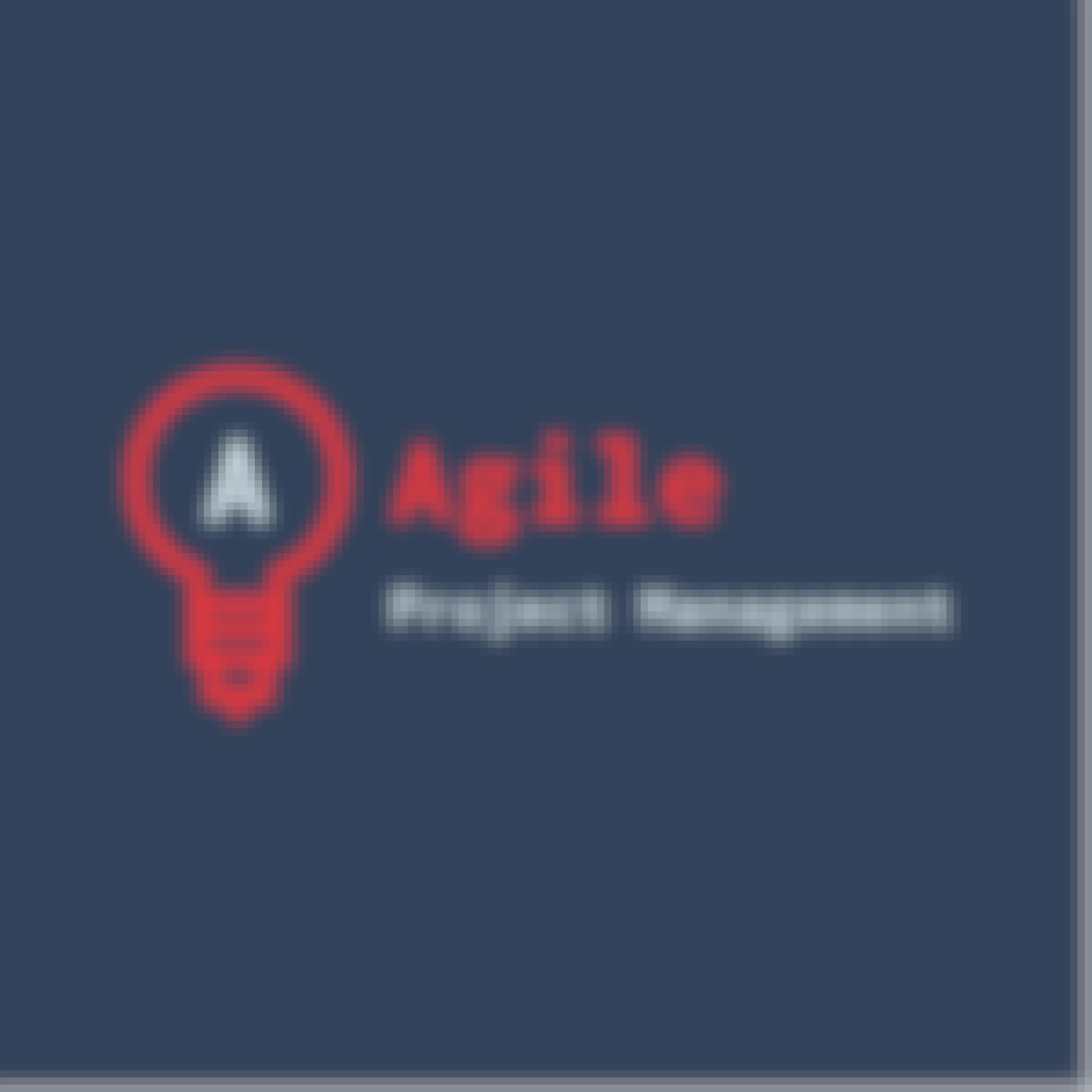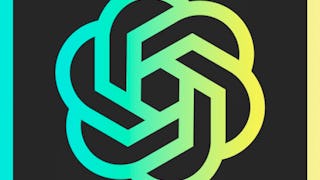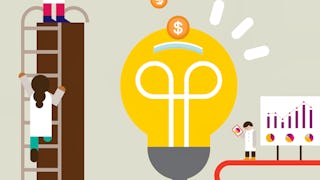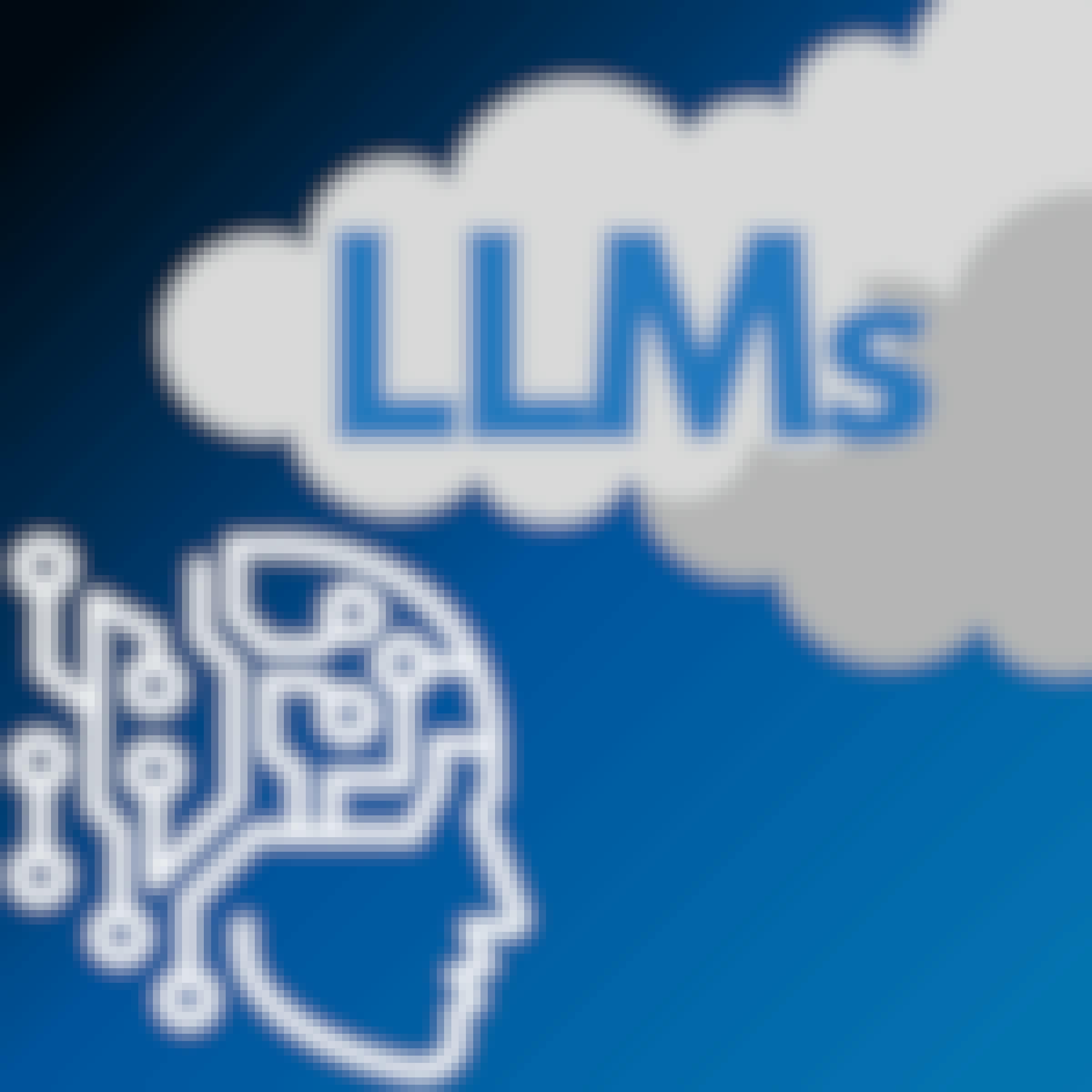- Browse
- Regression Models
Results for "regression models"

Skills you'll gain: Wireframing, Product Roadmaps, Customer experience strategy (CX), Agile Methodology, Agile Project Management, Persona Development, Prototyping, User Experience, User Story, Product Development, User Research, New Product Development, Product Strategy
4.6·Rating, 4.6 out of 5 stars91 reviewsIntermediate · Guided Project · Less Than 2 Hours
 Status: NewNewStatus: Free TrialFree TrialS
Status: NewNewStatus: Free TrialFree TrialSStarweaver
Skills you'll gain: Business Process Modeling, Responsible AI, Business Process, Digital Transformation, Business Process Management, Business Process Improvement, Process Design, Business Process Automation, Google Gemini, Process Analysis, ChatGPT, Product Management, Generative AI, Sustainable Development, Generative AI Agents, Data Ethics, Sustainability Reporting, Prompt Engineering, Data Strategy, Business Strategy
4.6·Rating, 4.6 out of 5 stars15 reviewsIntermediate · Specialization · 1 - 4 Weeks
 Status: PreviewPreviewU
Status: PreviewPreviewUUniversity of Colorado Boulder
Skills you'll gain: Generative AI, Generative Model Architectures, Large Language Modeling, ChatGPT, Image Analysis, Prompt Engineering, Natural Language Processing, Deep Learning, Probability & Statistics
Build toward a degree
4.4·Rating, 4.4 out of 5 stars129 reviewsIntermediate · Course · 1 - 4 Weeks
 Status: PreviewPreviewM
Status: PreviewPreviewMMaven Analytics
Skills you'll gain: Prompt Engineering, Generative AI, ChatGPT, Data Analysis Expressions (DAX), Power BI, Deep Learning, Excel Formulas, Analytics, Google Sheets, Pivot Tables And Charts, Microsoft Excel, Artificial Intelligence, Data Analysis, Python Programming, SQL, Query Languages, Business Intelligence, Data Science, Debugging
4.9·Rating, 4.9 out of 5 stars20 reviewsBeginner · Course · 1 - 3 Months

Skills you'll gain: Competitive Analysis, Business Strategy, Market Analysis, Market Opportunities, Business Modeling, Entrepreneurship, Market Research, New Product Development, Innovation
4.6·Rating, 4.6 out of 5 stars122 reviewsBeginner · Guided Project · Less Than 2 Hours
 Status: Free TrialFree TrialT
Status: Free TrialFree TrialTThe Chinese University of Hong Kong
Skills you'll gain: Entrepreneurship, Market Opportunities, Innovation, Business Planning, Business Leadership, Business Development, New Product Development, Financial Analysis, Business Strategy, Competitive Analysis, Market Research, Presentations, Financial Modeling, Fundraising
4.7·Rating, 4.7 out of 5 stars304 reviewsBeginner · Course · 1 - 3 Months
 Status: Free TrialFree TrialD
Status: Free TrialFree TrialDDuke University
Skills you'll gain: Databricks, Generative AI, Data Lakes, Extract, Transform, Load, MLOps (Machine Learning Operations), Data Transformation, LLM Application, Data Pipelines, Large Language Modeling, Apache Spark, Responsible AI, Data Analysis, Data Science, CI/CD, Machine Learning
4.1·Rating, 4.1 out of 5 stars10 reviewsBeginner · Course · 1 - 4 Weeks
 Status: PreviewPreview
Status: PreviewPreviewSkills you'll gain: Network Troubleshooting, Network Security, OSI Models, Network Monitoring, Network Performance Management, Network Architecture, Computer Networking, TCP/IP, General Networking, Local Area Networks, Cybersecurity, Network Analysis, Network Protocols, Network Infrastructure, Software-Defined Networking, Network Routers, Network Switches
Build toward a degree
4.7·Rating, 4.7 out of 5 stars26 reviewsBeginner · Course · 1 - 3 Months
 Status: Free TrialFree Trial
Status: Free TrialFree TrialSkills you'll gain: Computer Vision, Image Analysis, Deep Learning, Matlab, Applied Machine Learning, Machine Learning, Motion Graphics, Supervised Learning, Predictive Modeling, Artificial Intelligence and Machine Learning (AI/ML), Visualization (Computer Graphics), Geospatial Information and Technology, Data Integration, Medical Imaging, Data Validation, Estimation, Machine Learning Methods, Performance Tuning, Algorithms
4.6·Rating, 4.6 out of 5 stars90 reviewsIntermediate · Specialization · 1 - 3 Months
 Status: Free TrialFree Trial
Status: Free TrialFree TrialSkills you'll gain: Presentations, Business Intelligence, Dashboard, Tableau Software, IBM Cognos Analytics, Statistical Analysis, Data Analysis, Looker (Software), Regression Analysis, Data Visualization, PostgreSQL, Microsoft PowerPoint, Pivot Tables And Charts, Data Visualization Software, Data Cleansing, Microsoft Excel, SQL, Data Manipulation, LinkedIn, Data Quality
4.7·Rating, 4.7 out of 5 stars41 reviewsAdvanced · Course · 1 - 3 Months
 Status: Free TrialFree TrialU
Status: Free TrialFree TrialUUniversity of Maryland, College Park
Skills you'll gain: Business Modeling, Customer Analysis, Business Strategy, Entrepreneurship, Customer Insights, Value Propositions, New Business Development, Target Market, Sustainable Business, Product Development, Innovation, Interviewing Skills
4.6·Rating, 4.6 out of 5 stars81 reviewsBeginner · Course · 1 - 4 Weeks
 Status: NewNewStatus: Free TrialFree TrialA
Status: NewNewStatus: Free TrialFree TrialAAmazon Web Services
Skills you'll gain: Amazon Bedrock, Prompt Engineering, Responsible AI, Generative AI, Large Language Modeling, LLM Application, Artificial Intelligence, Application Programming Interface (API)
4.5·Rating, 4.5 out of 5 stars31 reviewsBeginner · Course · 1 - 4 Weeks
Searches related to regression models
In summary, here are 10 of our most popular regression models courses
- Agile Project: Product Prototype Touchpoint Analysis in Miro: Coursera
- AI Product & Process Excellence: Starweaver
- Introduction to Generative AI: University of Colorado Boulder
- ChatGPT & Generative AI for Data Analytics: Maven Analytics
- Analyzing Market Attractiveness Using Creately: Coursera
- Entrepreneurship: The Chinese University of Hong Kong
- Databricks to Local LLMs: Duke University
- Introduction to Data Networks and the Internet - Bachelor's: Illinois Tech
- Computer Vision for Engineering and Science: MathWorks
- The Business Intelligence (BI) Analyst Capstone Project: SkillUp










